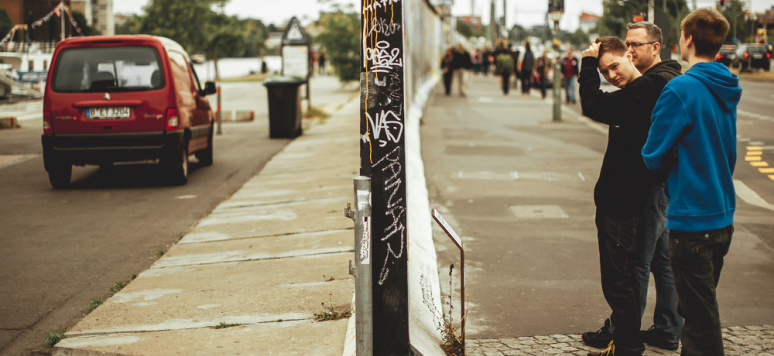Notes du Cerfa - 30 ans après la chute du Mur. Une Allemagne unifiée, une population désunie Notes du Cerfa, No. 150, Ifri, November 2019

Thirty years after the fall of the Berlin Wall, celebrations have taken a disappointing turn. The electoral successes of the far-right German party AfD (Alternative for Germany (in German: Alternative für Deutschland)) in Saxony, Brandenburg and Thuringia in September and October 2019 reflect growing unease and discontent in the new Länder faced with mitigated outcomes of the unification.
An unemployment rate of 6,1 % in October 2019, modern infrastructure and carefully restored town centres could give the impression that economic unification has been achieved. However, the reality is more nuanced. The new Länder have not been able to catch up with former West Germany so far and probably never will. Emigration to the old Länder continues, while the population of the former German Democratic Republic (GDR) (with the exception of Berlin, Dresden and Leipzig) keeps declining. The political, economic and cultural domination of West Germans, including in the Länder of the former GDR, persists, sparking tensions and frustrations that fuel the AfD vote.
Since 1991, Hans Stark has been General Secretary of the Study Comittee on Franco-German Relations (Cerfa) at Ifri, where his main interests are German foreign politics and German European politics.
This content is available in French only: "30 ans après la chute du Mur. Une Allemagne unifiée, une population désunie [1]."
